Yajun Yan
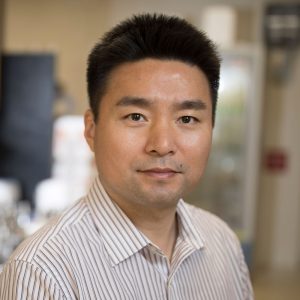 Entrepreneur of the Year Award 2018
Entrepreneur of the Year Award 2018
Yajun Yan, associate professor in the College of Engineering, leads UGA’s research in microbial production of biofuels and high-value chemicals. His work has led to six issued U.S. patents and several pending patent applications. In 2014, he and his colleague, Yuheng Lin, co-founded BiotecEra Inc., which is developing and commercializing innovative microbial technologies to achieve sustainable, economically viable and eco-friendly production of industrially valuable pharmaceuticals and commodity chemicals. Located in the UGA Innovation Gateway incubator, BiotecEra Inc. has secured state funding through the Georgia Research Alliance, federal funding through the Small Business Innovation Research program and private funding from an angel investor. His research also formed the basis for a second startup, HGG Research LLC, which is developing methods to synthesize various natural compounds in probiotic strains. Since joining the UGA faculty in 2010, he has been an advocate for entrepreneurism among faculty colleagues while leading the Biosynthetic Engineering and Biocatalysis Laboratory.

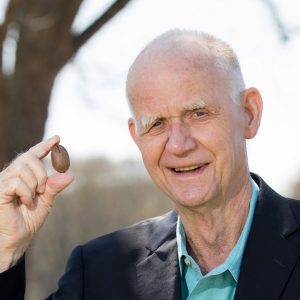 Inventor of the Year Award 2018
Inventor of the Year Award 2018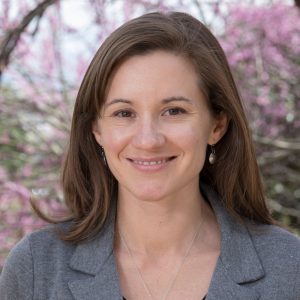 Charles B. Knapp Early Career Scholar Award 2018
Charles B. Knapp Early Career Scholar Award 2018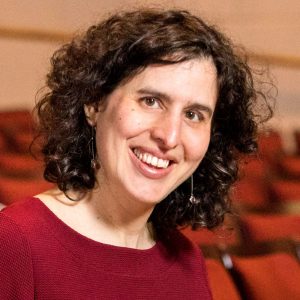 Michael F. Adams Early Career Scholar Award 2018
Michael F. Adams Early Career Scholar Award 2018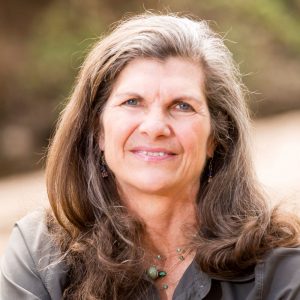 Creative Research Medal in Natural Sciences and Engineering 2018
Creative Research Medal in Natural Sciences and Engineering 2018 Creative Research Medal in the Humanities and Arts 2018
Creative Research Medal in the Humanities and Arts 2018
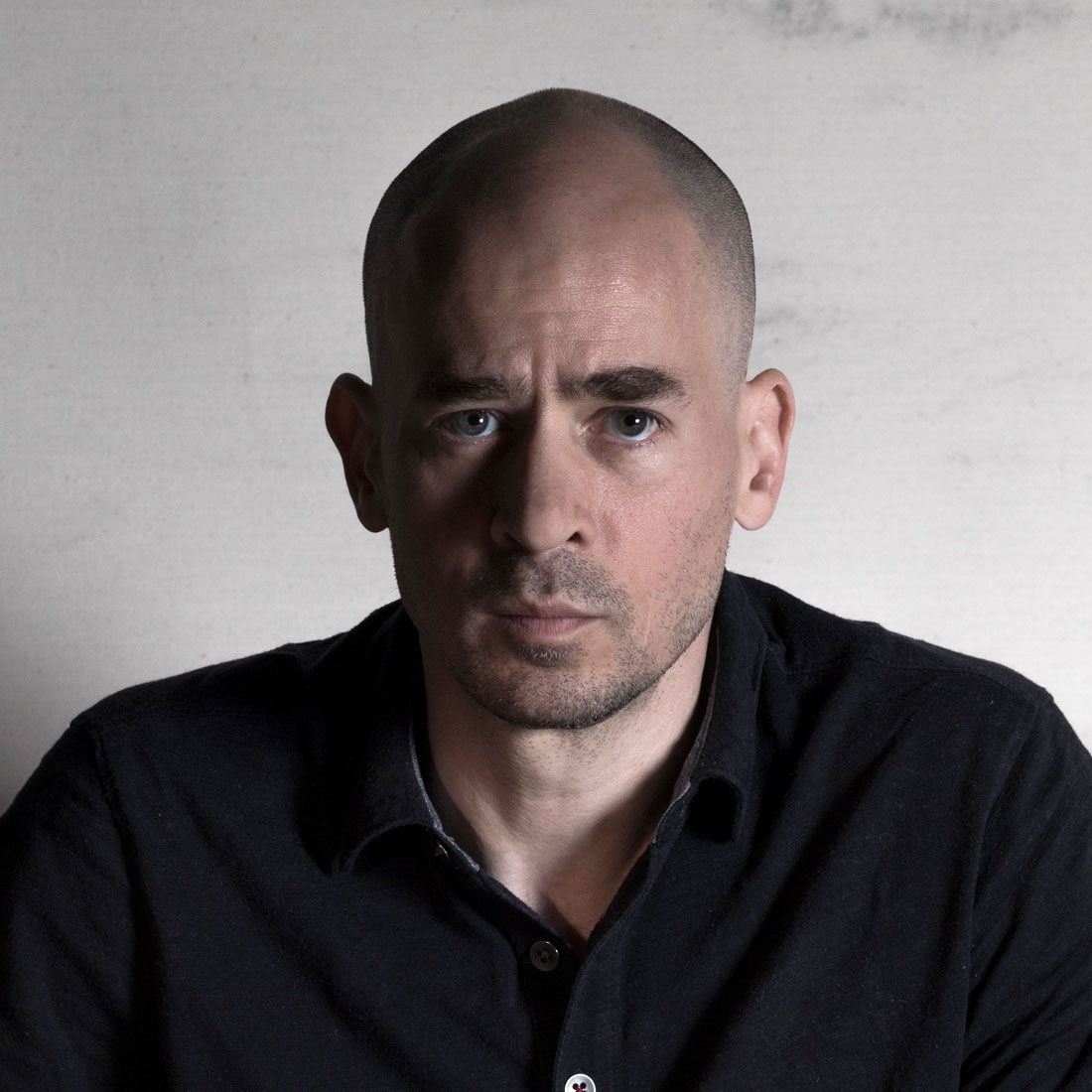
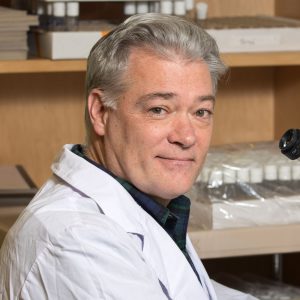 Distinguished Research Professor 2018
Distinguished Research Professor 2018 Distinguished Research Professor 2018
Distinguished Research Professor 2018